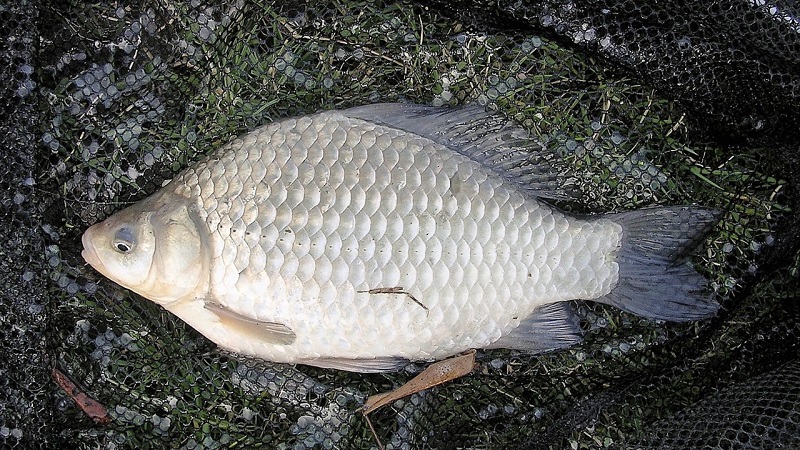5 Fascinating Facts About Fish Allergy You May Not Know!
Fish allergy is a topic that few people talk about. Fish is generally a wholesome food, providing essential nutrients that support human development, and certain species hold significant economic value for nations. However, a small portion of the global population experiences adverse reactions to specific substances unique to fish. With that in mind, let’s explore five surprising facts about fish allergies that few people know!
Quick view
A fish allergy can appear in adulthood.
It’s an interesting fact that 40% of people with a fish allergie experience their first reaction after becoming an adult, even though they’d eaten fish their whole lives without a problem. This shows that fish allergies are not usually congenital, though they can have a genetic component.
It doesn’t mean you’re allergic to other seafood.

Many people mistakenly believe that if they’re allergic to fish protein, they’ll be allergic to all other types of seafood. However, a fish allergy is caused by a protein called parvalbumin, while an allergy to shrimp or crabs is caused by a different protein called tropomyosin. Therefore, a person with a fish allergy can often safely eat shrimp and crabs, and vice versa.
The severity of the allergy doesn’t depend on the amount of food eaten.

An allergic reaction doesn’t depend on the amount of food you accidentally consume. Even a small amount can cause a severe reaction, and in sensitive individuals, it can lead to anaphylactic shock.
Cooking fish doesn’t reduce the allergy.
The protein responsible for the allergy, parvalbumin, is very heat-stable. As a result, cooking, grilling, or frying fish doesn’t destroy its allergenic properties. This explains why a person can have an allergic reaction to steamed or grilled fish as well as raw fish (sashimi).
Histamine poisoning is often mistaken for an fish allergy.
Histamine is a substance found in fish. When fish isn’t stored properly, bacteria convert histidine in the fish into histamine. This excess histamine can cause symptoms similar to an allergic reaction (rashes, headaches, nausea, diarrhea…), but it’s not a true immune system response; it’s a form of poisoning.
Read more new posts from Meksea :
-
Vietnam shrimp growth maintains strong upward trend in August 2025
-
5 Ways to Easily Handle the Fishy Smell
-
Did you know: How many types of tuna?
—————————————————————————————————————
Contact Meksea now to arrange a meeting and we can assist you in registering for this seafood event.
Mr. Hoang Duy – Commercial Director
Mobile/WhatsApp/Wechat: + 84 903 872 469
Email: hoang@mekseaconnection.com
Anna Tran (Meksea Team)
If you found this topic interesting, please click the Like button below so we may continue to expand this topic. Leave a comment with your thoughts for the author team to discuss

